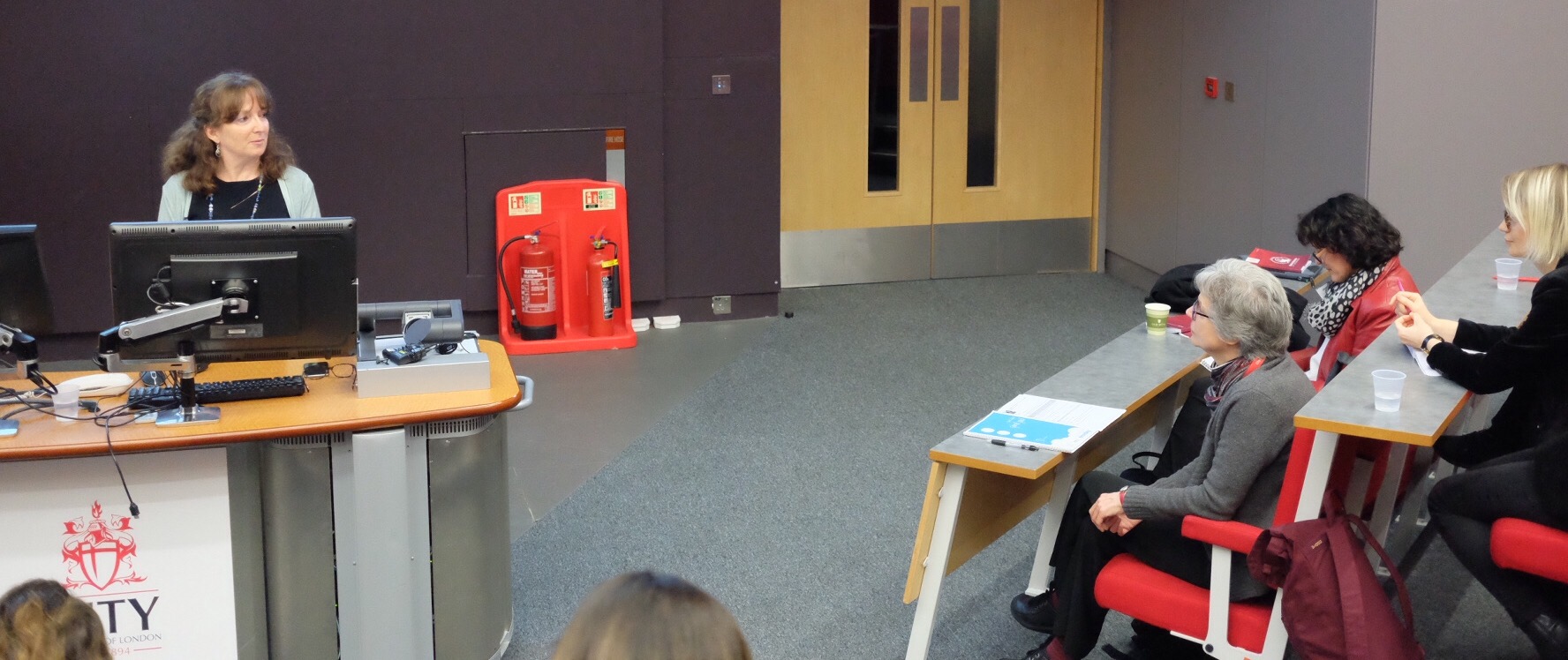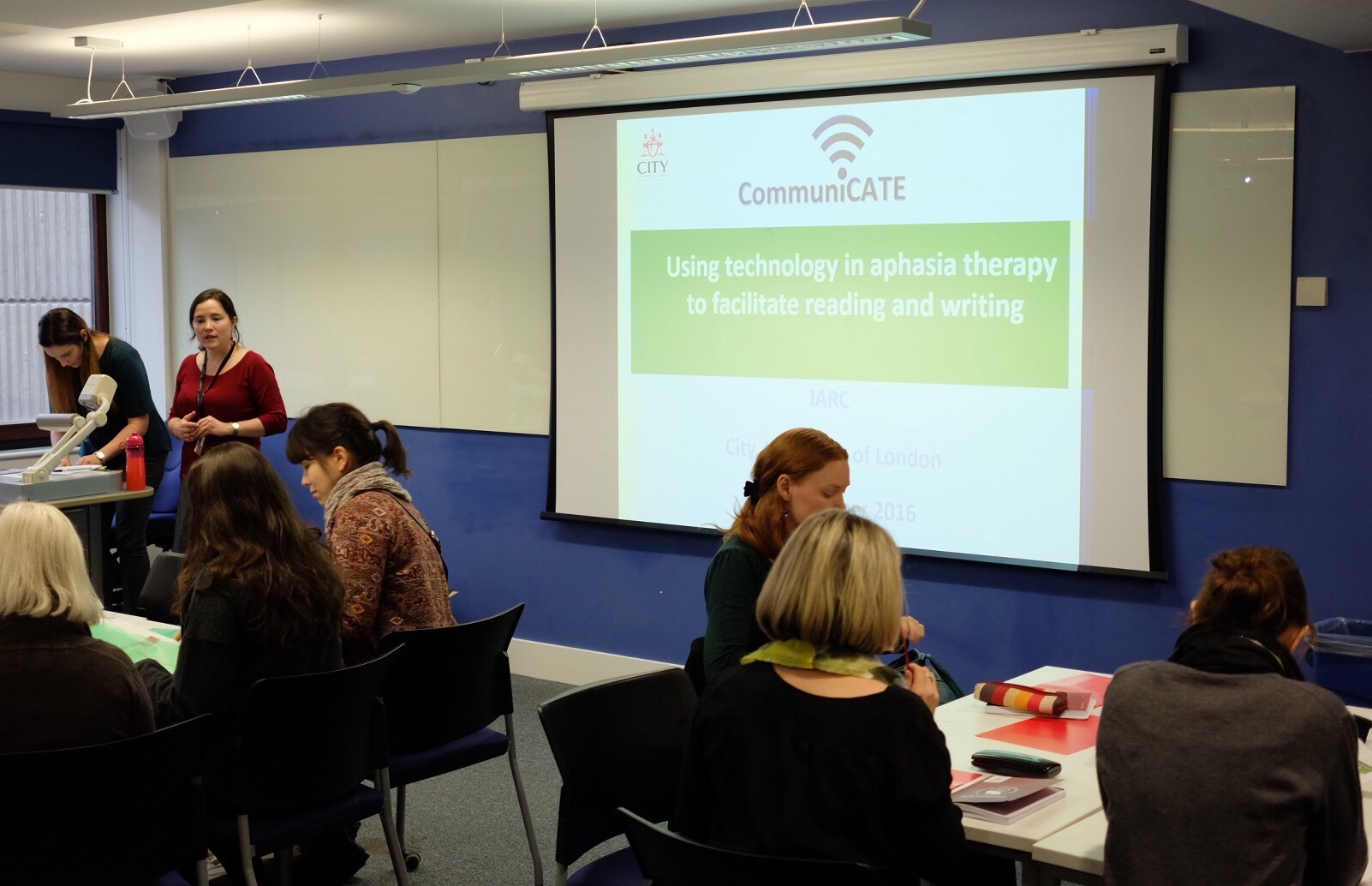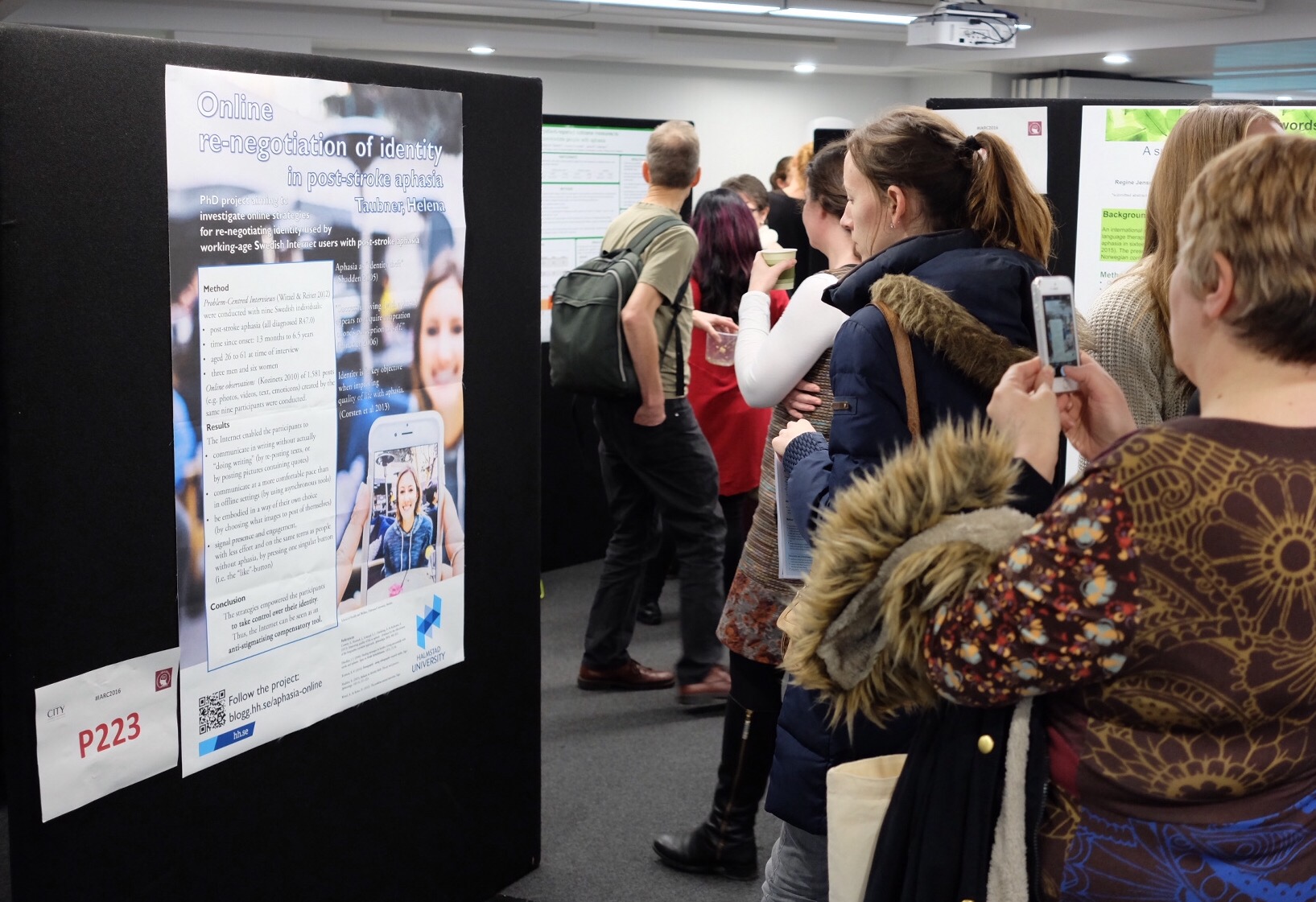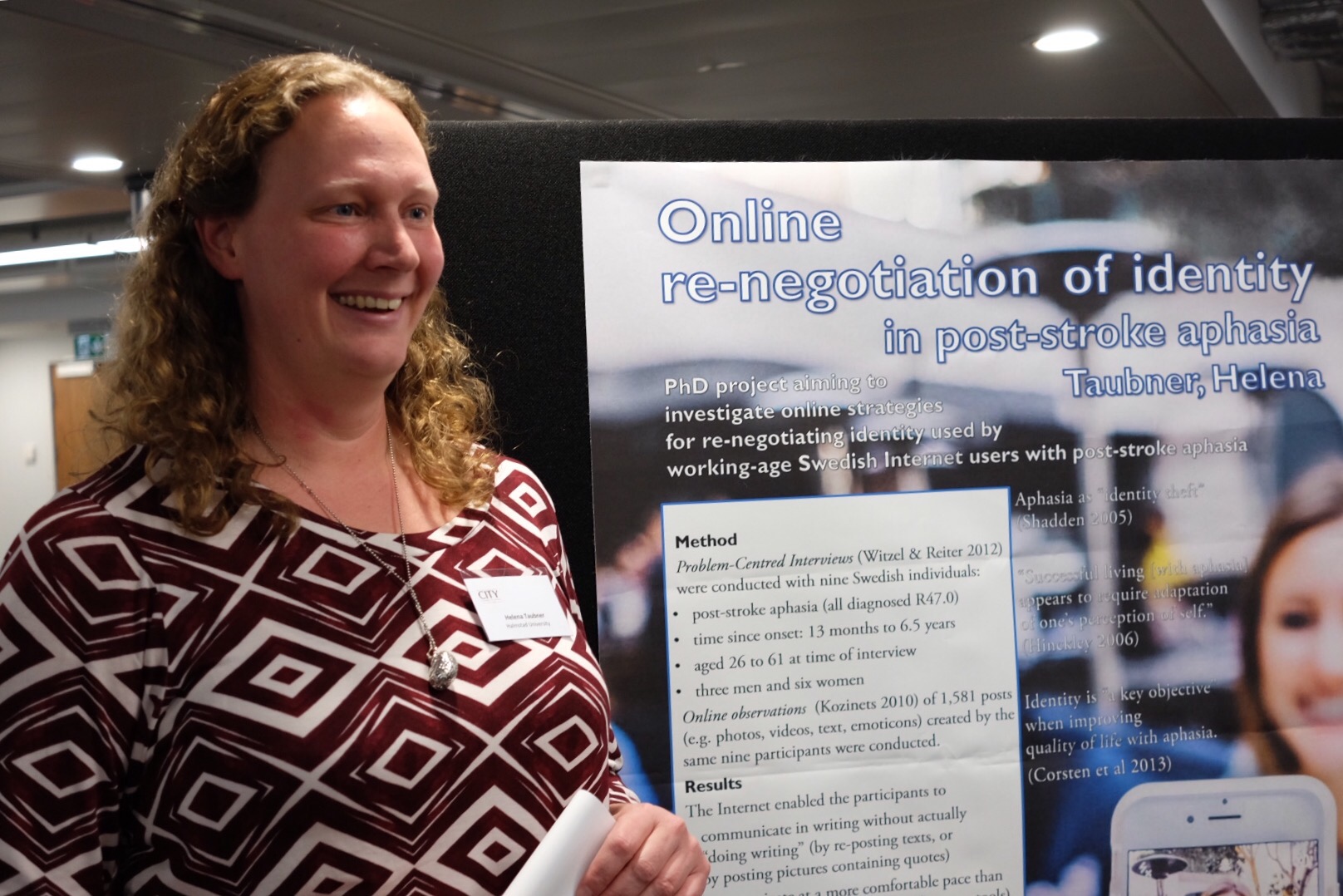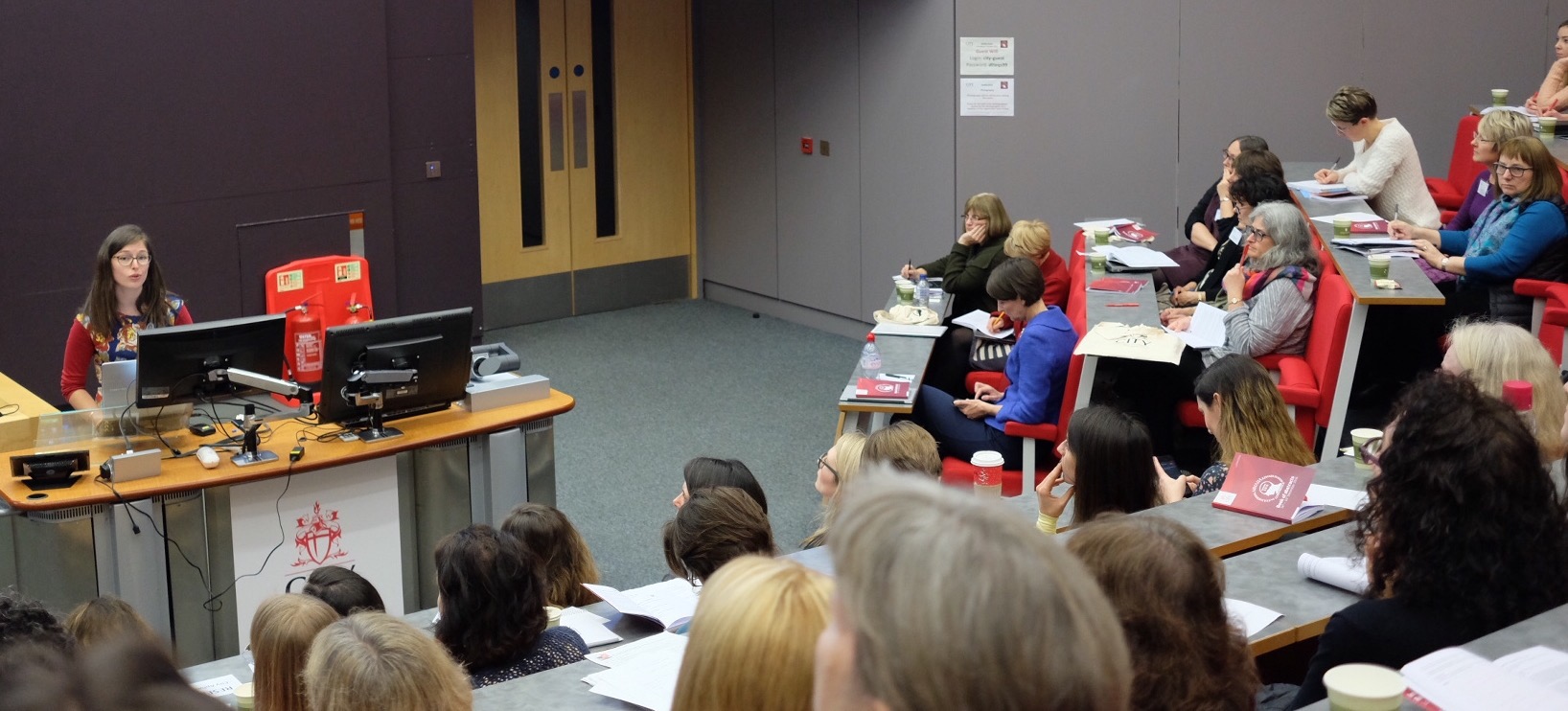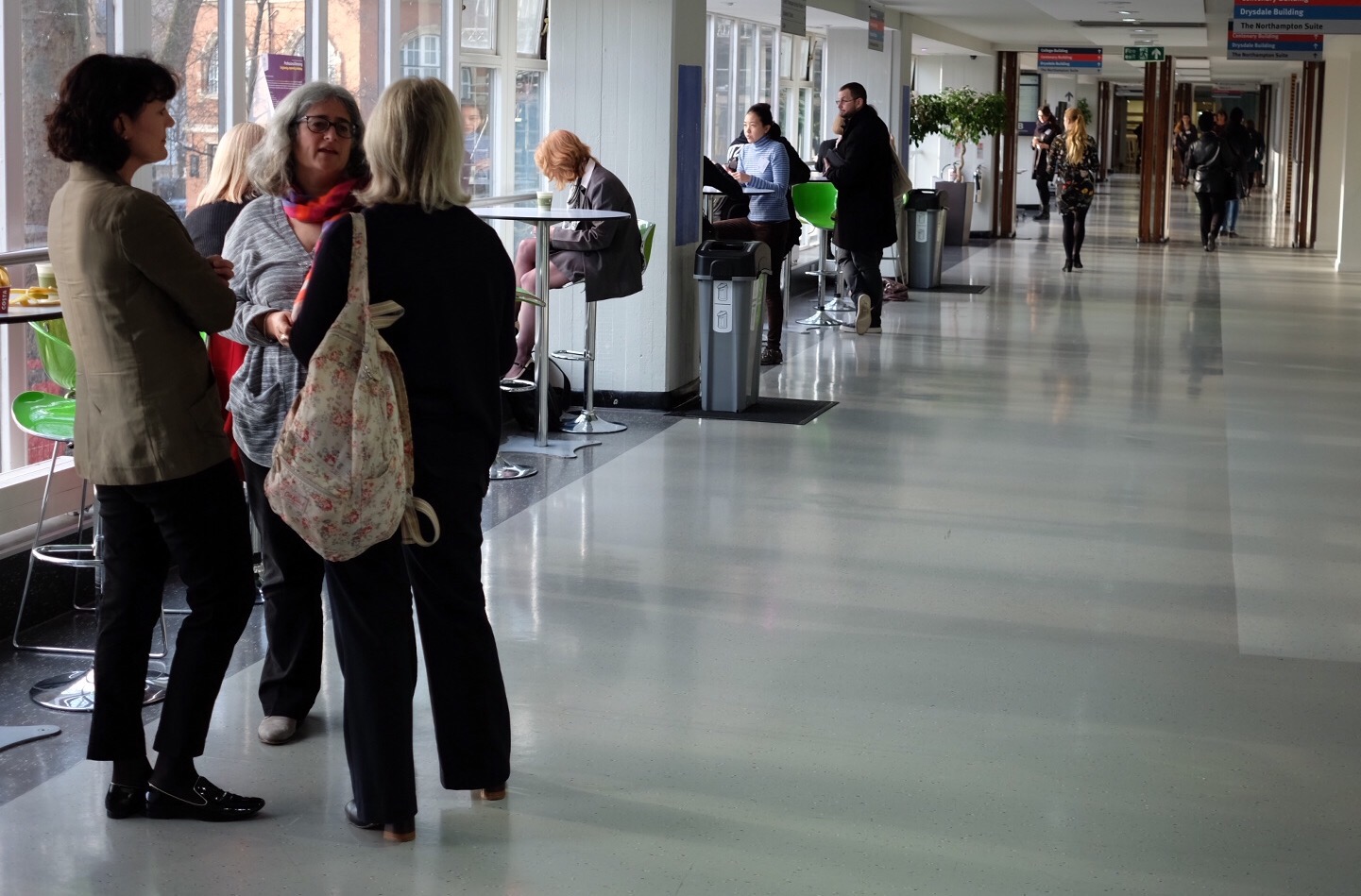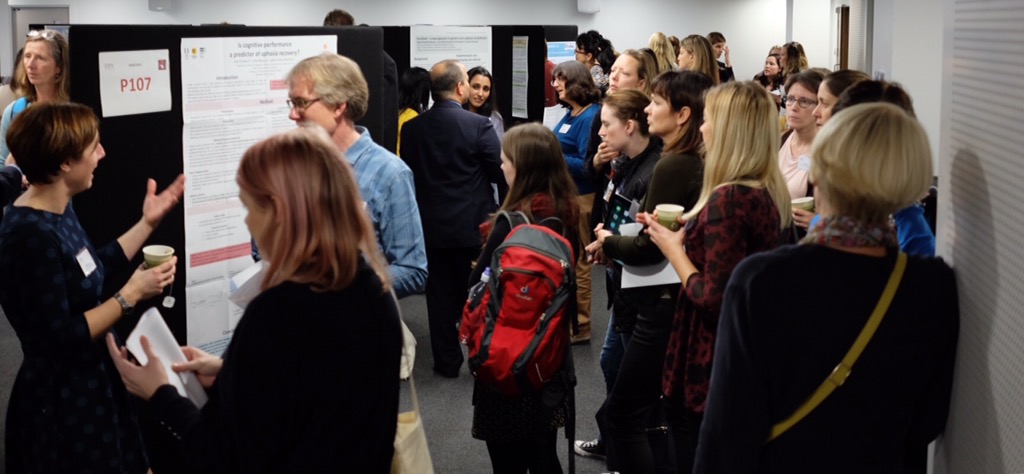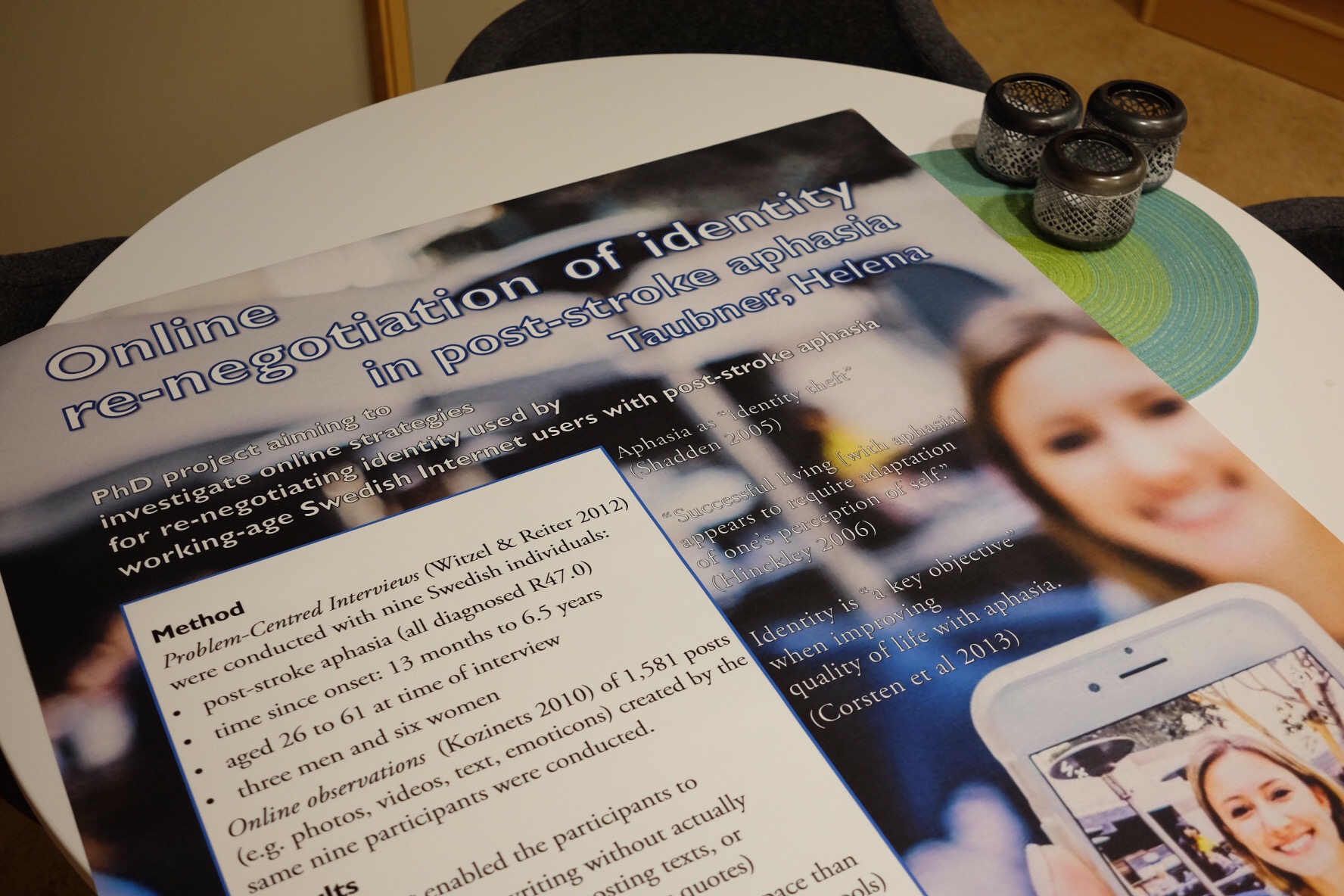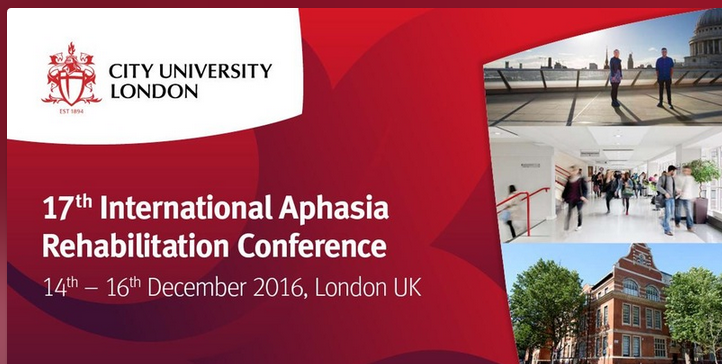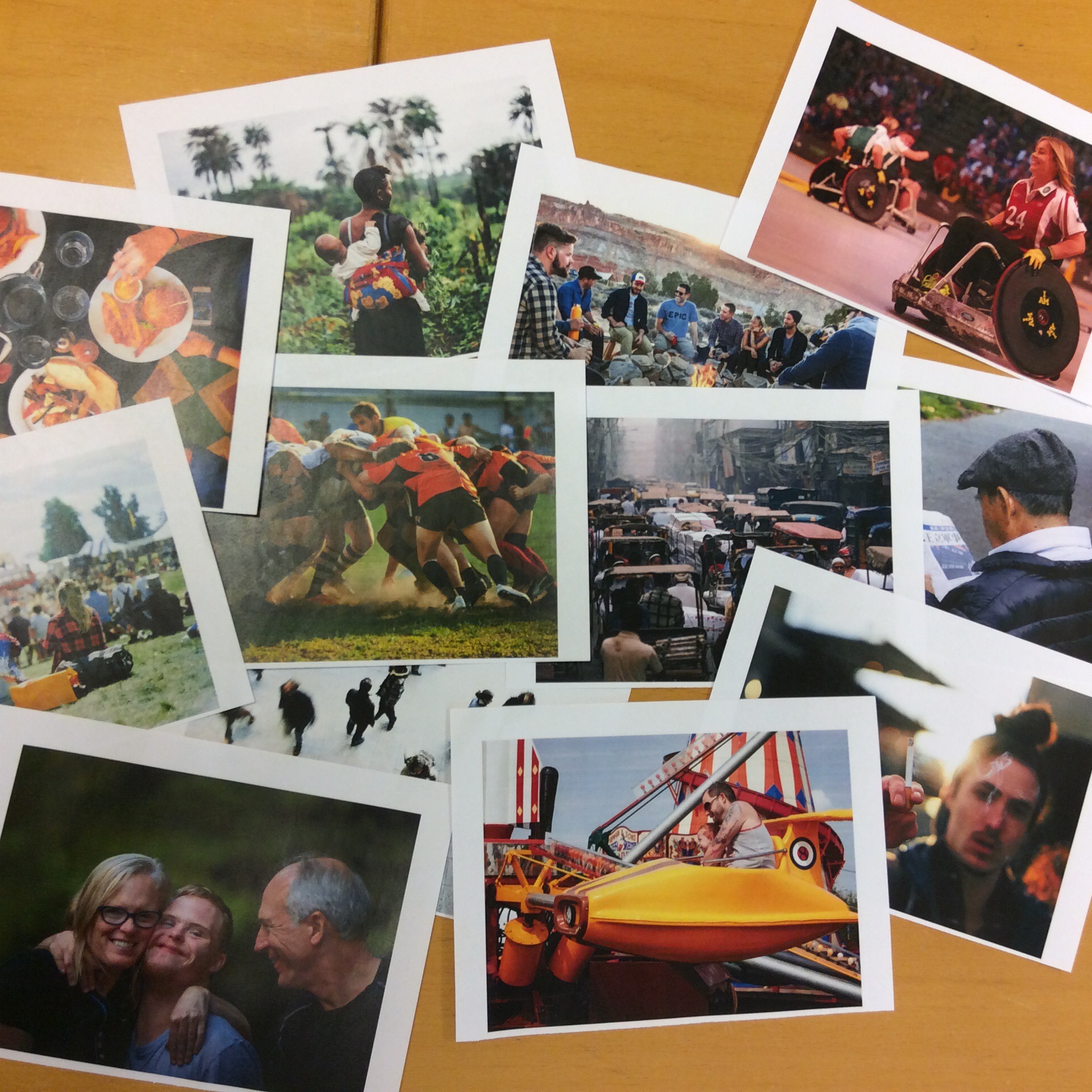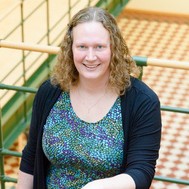The third day of Christmas – no, sorry – the conference! Two keynote speakers, four platform talks, a load of parallell workshops and twenty three posters. Puh!
Some very brief thoughts from a tired but happy brain:
1) When researchers like Miranda Rose and Carola de Beer talks about multimodality, they mean non-verbal language such as gestures. That if, of course, both important and interesting – but it makes me wonder how they think about the multimodality of the Internet. I whish we’d had more time to chat about that, but I’m hoping there will be more opportunities in the future.
2) Great to chat with Madeleine Crucie about issues of identityin terms of psychological wellbeing (and thus health). She truly is an inspiration!
3) I will definitely stay tuned on the EVA park-project! A virtual would (very much like Second Life, btw) for people with aphasia to practice social interaction – how cool is that?
4) Already looking forward to the 18th IARC conference in Portugal in September 2018. See you there!

